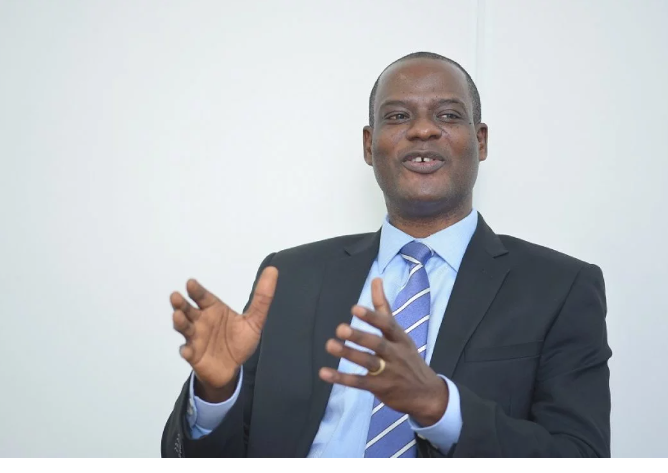The three levels of government in Nigeria will begin receiving allocations daily instead of monthly, according to plans announced by the Presidential Fiscal Policy and Tax Reform Committee.
Taiwo Oyedele, the committee’s chairman, made the revelation on Monday during a workshop for public consultation in Abuja where he emphasized the necessity to update the existing system, comparing it to outmoded customs that date back to 1814. In contrast to the customary monthly allocation sessions, FAAC will implement a daily payment method under the proposed change.
“We believe the system can be configured to credit the accounts of local, state, and federal governments daily,” Oyedele stated.
He disclosed that the Accountant General of the Federation is among the important players that support the proposed reform. He emphasized further that the change is intended to simplify operations by shifting the monthly FAAC meetings’ focus from routine reconciliations—which may be assigned to junior accountants—to national budgetary policies.
In response to questions about Nigeria’s collection expenses, which range from 4% to over 30%, Oyedele emphasized that “if an agency cannot collect revenue at 1%, it should not be collecting it at all.”
We are serious with the one per cent and it should cut across everybody, if you cannot collect revenue with one per cent, then you should not be collecting it at all. That’s why we were saying let government agencies focus on the primary reason they were set up for.”
He added, “If they are not set up to collect tax, they can’t be efficient and competent in doing it. Things will work better if everybody plays to their strength there’s a reason why every country has their revenue collection agency and not to replicate that function and expect that everything will be fine. A country like South Africa is under one per cent.”
This is an attempt to modernize the Federation Account Allocation Committee’s funding system.
Revenue sharing has been a critical subject in Nigeria’s federal system. Theoretically, resources are controlled by generating units and a higher sum of revenue is allocated to the generating sources under the current sharing arrangement however, the federal government takes 52.68% of the revenue sharing, states get 26.72% while local governments get 20.60%. The arrangement points to strong power and resource concentration in the central government, a situation that has fueled various agitations by different entities in the Nigerian state.


 Metro2 days ago
Metro2 days ago
 Sports2 days ago
Sports2 days ago
 Metro1 day ago
Metro1 day ago
 Culture2 days ago
Culture2 days ago































